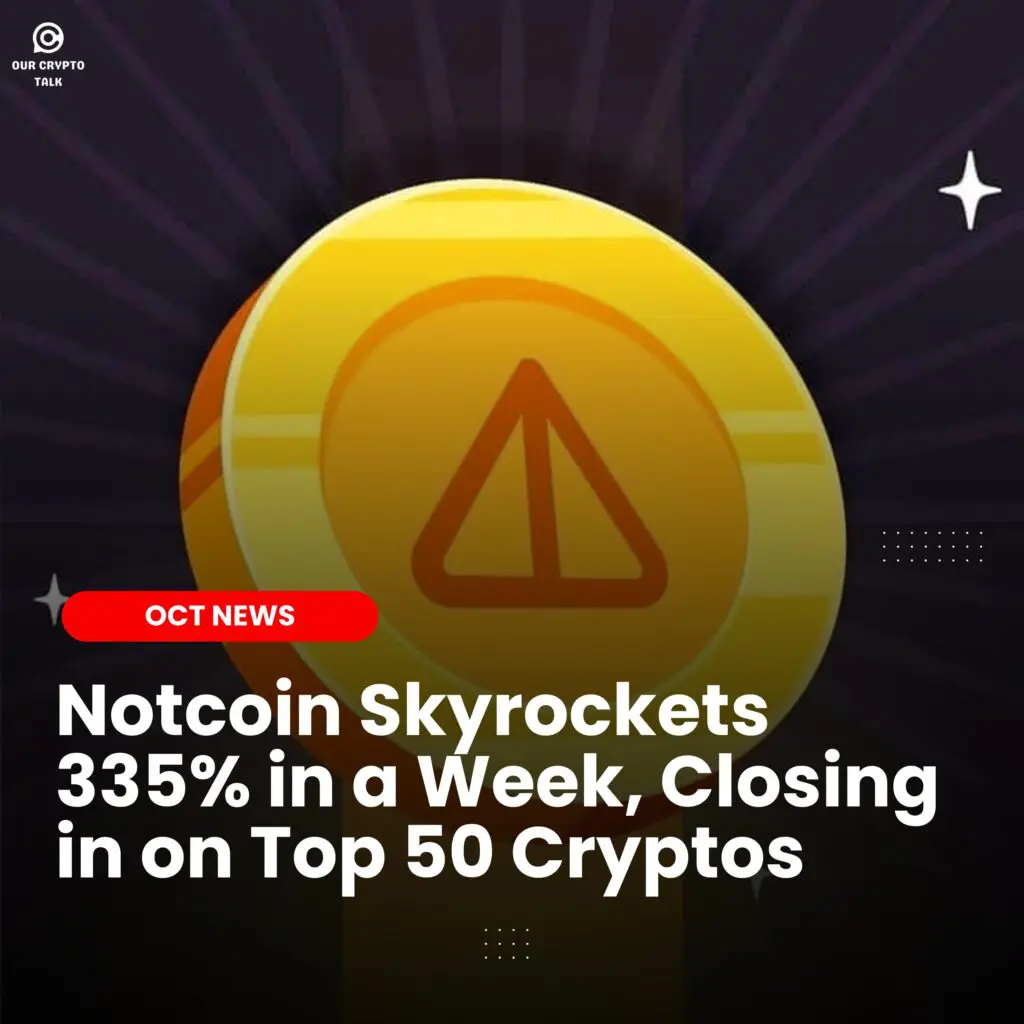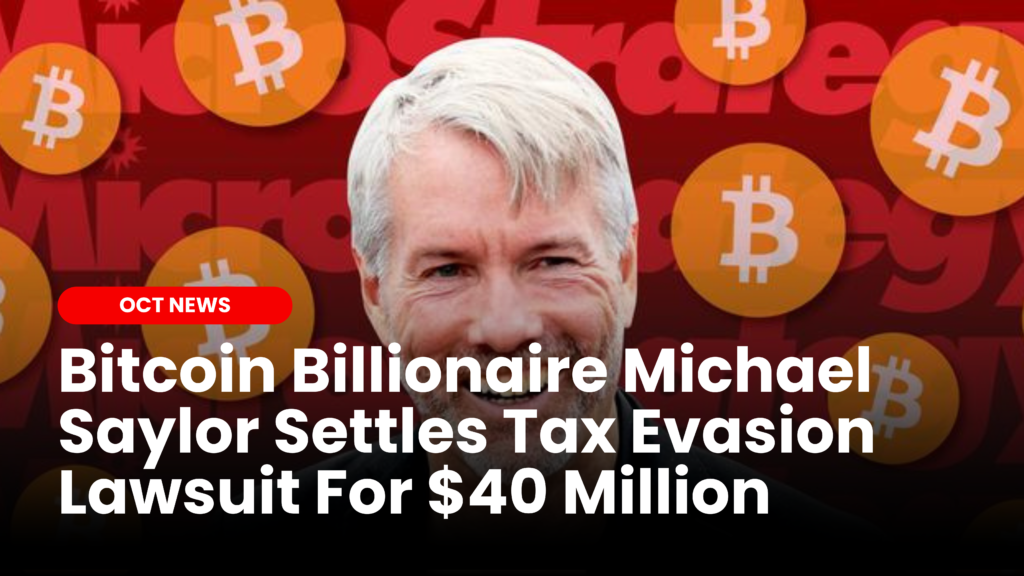OpenSea, a prominent NFT marketplace, has received a Wells notice from the U.S. Securities and Exchange Commission (SEC), signaling the agency’s intention to pursue enforcement action. CEO Devin Finzer disclosed on X that the SEC believes NFTs traded on the platform might be classified as securities, a stance that could have significant implications for the broader digital art and creative community. Finzer expressed concern that such a move would stifle innovation and negatively impact hundreds of thousands of online artists and creators who may not have the resources to defend themselves legally.
- The SEC has previously taken enforcement action against NFT projects such as Impact Theory and Stoner Cats, leading to settlements that have created uncertainty in the NFT space.
- In response to the Wells notice, OpenSea has committed $5 million to support NFT creators and developers facing similar legal challenges.
- The ongoing regulatory scrutiny has already resulted in other companies, like DraftKings, shutting down their NFT businesses due to legal concerns.
OpenSea’s response underscores the broader debate over whether NFTs should be regulated as securities, a question that has yet to be definitively answered. Finzer argued that NFTs are fundamentally creative goods, including art, collectibles, and digital assets, and should not be subjected to the same regulatory framework as traditional financial instruments. He warned that classifying NFTs as securities would not only misinterpret the law but also jeopardize the livelihoods of many artists and creators.
The SEC’s increasing focus on NFTs has led to a chilling effect in the industry, with companies and creators uncertain about the future regulatory landscape. The enforcement actions against projects like Stoner Cats and Impact Theory have set a precedent that could lead to more widespread scrutiny of NFT platforms. This regulatory uncertainty has already prompted some companies to reconsider their involvement in the NFT space, as evidenced by DraftKings’ decision to exit the market.
Adding to the complexity, two NFT artists recently filed a lawsuit in a Louisiana court seeking a declaratory judgment that their projects should not be considered securities. The case, born out of frustration with the lack of clarity from regulators, reflects the growing tension between the SEC and the NFT community. As the legal battle unfolds, the outcome could have far-reaching implications for the future of NFTs and their regulation in the United States.
Overall, the SEC’s actions are pushing the NFT industry into uncharted waters, with potential consequences for consumers, creators, and entrepreneurs alike. OpenSea’s pledge to defend the rights of NFT creators highlights the ongoing struggle between innovation in the digital space and the regulatory frameworks that seek to govern it. The next steps in this legal saga will be closely watched by all stakeholders in the NFT ecosystem.



